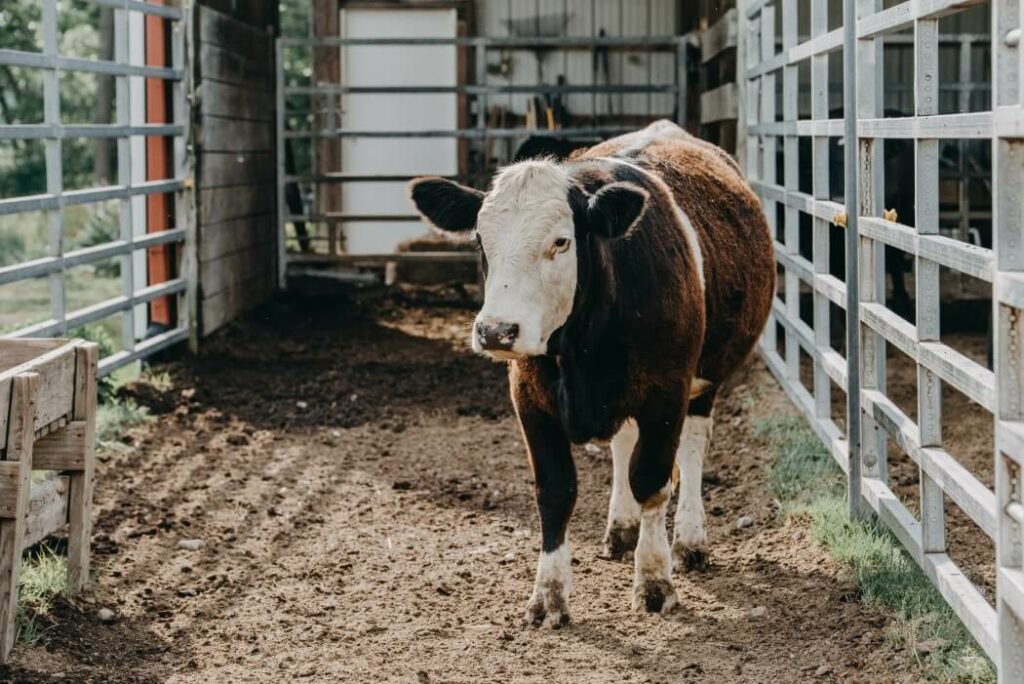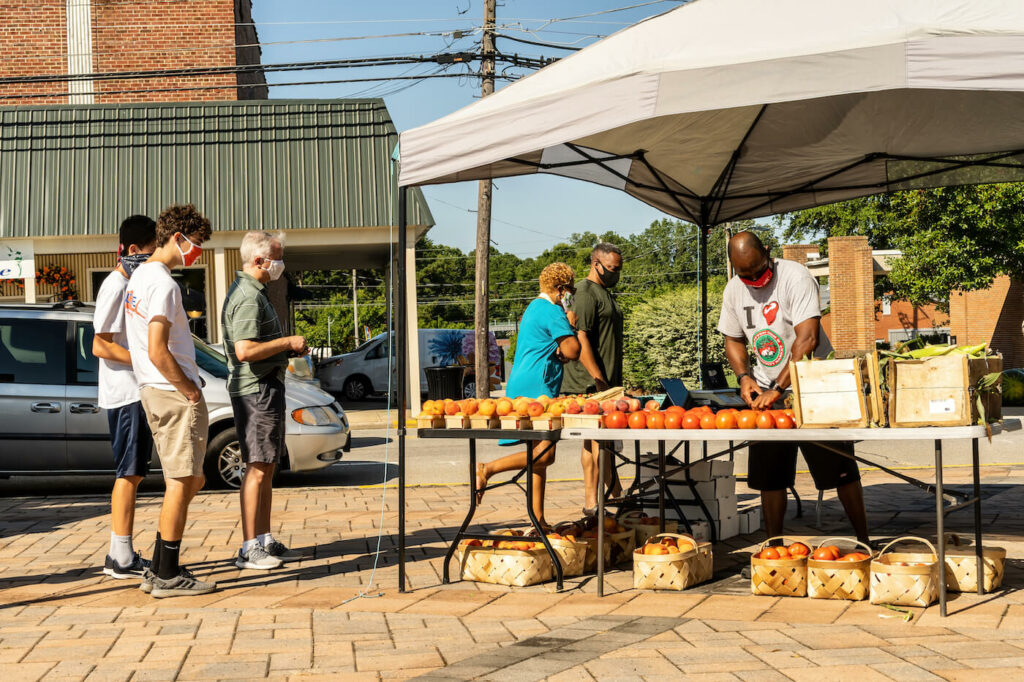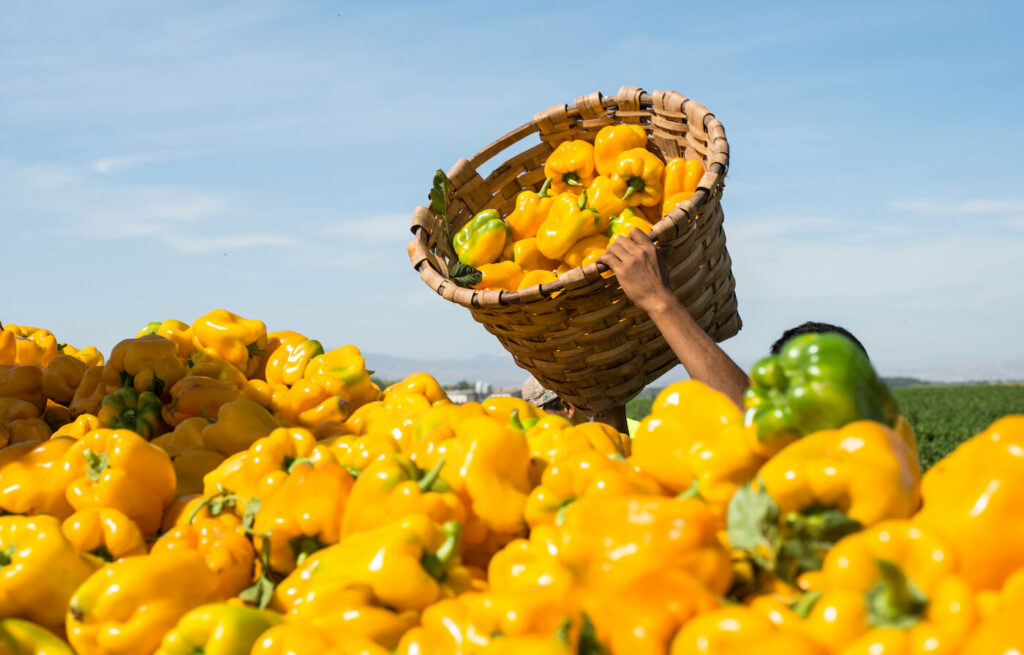Northeast Legislators Take Lead in Opposing Federal Actions Impacting Farms, Rural Communities
Northeast Legislators Take Lead in Opposing Federal Actions Impacting Farms, Rural Communities
More than a hundred Northeastern state legislators are opposing ongoing federal actions negatively impacting the region’s food and farm systems in a new sign-on letter led by members of the SiX Cohort for Rural Opportunity and Prosperity (CROP) from Connecticut, Maine, Massachusetts, New Hampshire, New York, Rhode Island, and Vermont, as part of the new Northeast regional CROP.
Legislators are concerned about recent federal actions including:
- Proposed administrative restructuring of the U.S. Department of Agriculture (USDA), leading to the department’s withdrawal from the region;
- Escalating immigration enforcement actions that have outsized impact on farmworkers and rural economies;
- Discontinuation of critical USDA programs that directed millions of dollars to regional farmers and brought local foods to schools, senior centers, and food banks; and
- Cancellation of previously-awarded grant funding on which the region’s farmers rely.
In addition to these ongoing actions, state legislators are drawing attention to impacts of the federal government shutdown and the significant consequences the shutdown is having on food and farming across the Northeast. During a shutdown, USDA funding programs are impacted and farmers cannot access essential loans or receive disaster assistance. Conservation program payments are suspended, publication of critical reports ceases, and SNAP and WIC funding is threatened, all of which only exacerbates the legislators’ underlying concerns.
Proposed USDA restructuring leaves Northeast without support:
The restructuring would put the nearest USDA agency office in Raleigh, North Carolina – 600 miles from New York’s Hudson Valley and 1,100 miles from northern Maine. SM 1078-015, issued by USDA Secretary Rollins on July 24, 2025, states that the purpose of administrative reorganization is to “ensure USDA is located closer to the people it serves.” The plans outlined in the memo would have the exact opposite impact on the region, including:
- Elimination of Area Offices of the Agricultural Research Service, consolidation of the National Agricultural Statistics Service from twelve regions to five;
- Reduction of the Food and Nutrition Service from seven regions to five;
- Phasing out the nine regional offices of the Forest Service;
- Aligning the Natural Resources Conservation Service with the newly proposed regional hub structure.
For generations, USDA area offices have provided essential assistance: disaster relief, conservation programs, loans, crop statistics, and technical guidance. Closure of these offices forces farmers to travel long distances or navigate complex federal systems remotely—an inefficient and stressful process. A Northeast farmer dealing with crop loss, equipment failure, or a pest outbreak would have to coordinate with staff hundreds of miles away—staff unfamiliar with local conditions, climate, and crop varieties. The consequences ripple beyond farms: schools, senior centers, food banks, and local economies all suffer when farmers lose direct access to USDA support.
Escalating immigration actions threaten farming communities:
Legislators are also drawing attention to the ongoing crackdown on immigrants and promised mass deportations, which have outsized impacts on the region’s food system, agriculture industry, and rural communities. Two-thirds of farmworkers, half of meatpacking workers, and more than a quarter of farm industry truck drivers are immigrants, whether permanent residents, seasonal visa holders, or undocumented workers. The Immigration and Customs Enforcement Agency has escalated actions at farms, fisheries, food processing plants, and restaurants across the region. CROP members are warning that the continuation of these actions at the current level will upend rural and agricultural economies – and ultimately will increase already high food prices for consumers.
Discontinuation of Local Food Purchasing Assistance disrupts farm businesses:
The cancellation of the Local Food Purchase Assistance Program (LFPA) and the Local Food for Schools (LFS) Program is short-sighted, and state legislators are highlighting what its loss will mean to farm businesses and communities. LFPA cuts to states in the Northeast include $63 million in New York, $18 million in Massachusetts, and additional millions of dollars in the other states.
The haphazard elimination of these programs leaves a critical funding gap in the region’s farm economies when many farmers are struggling to make ends meet; removes fresh, nutritious, locally-grown foods from schools and senior centers; and negatively impacts the health and nutrition of individuals. Many seniors on fixed incomes facing rising food costs rely on these programs as their only source of fresh fruit and vegetables.
Cancellation of Climate Smart Commodities funding makes rural communities more vulnerable to extreme weather:
Northeast legislators are also concerned about the cancellation of the previously-awarded Partnerships for Climate Smart Commodities grant program, which supported thousands of farms in the region to implement cover cropping, improved nutrient management, crop rotation, and other practices proven to support both agricultural production and environmental conservation. As the frequency of more significant climate disasters increase in the Northeast, state legislators are sounding the alarm that the cuts to these programs mean that the region’s food and farming system will become more susceptible to crises.
As state legislators continue to be on the frontline of supporting and defending their communities from the impacts of federal actions, regional coordination becomes even more critical. If you are a state legislator that would like to connect with policymakers in your region, please be in touch at agriculture@stateinnovation.org.















